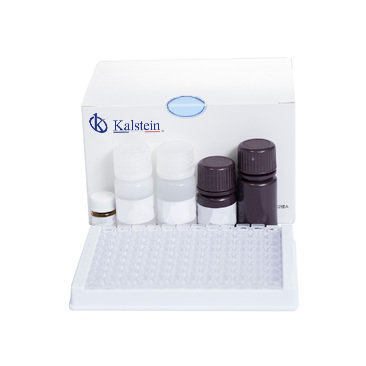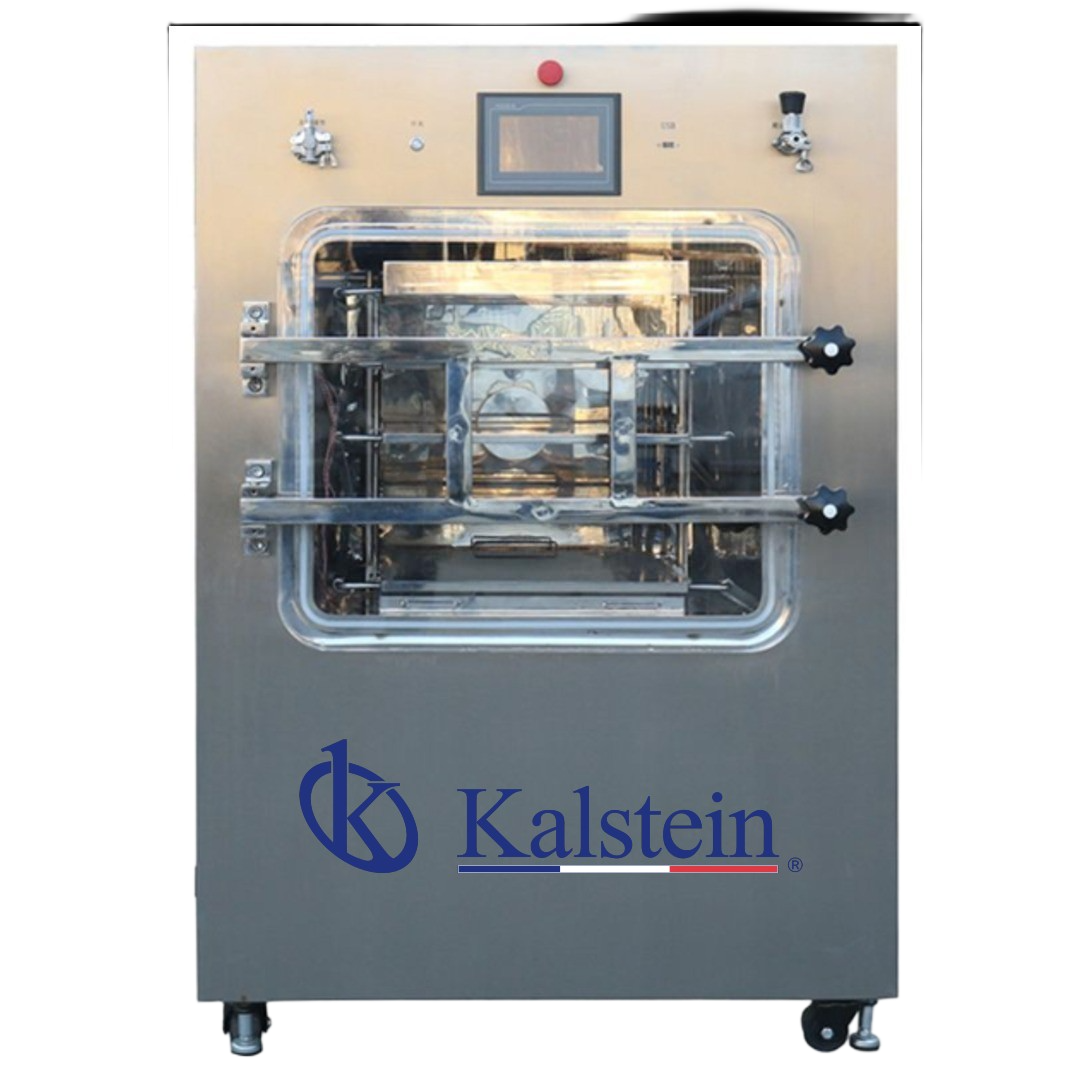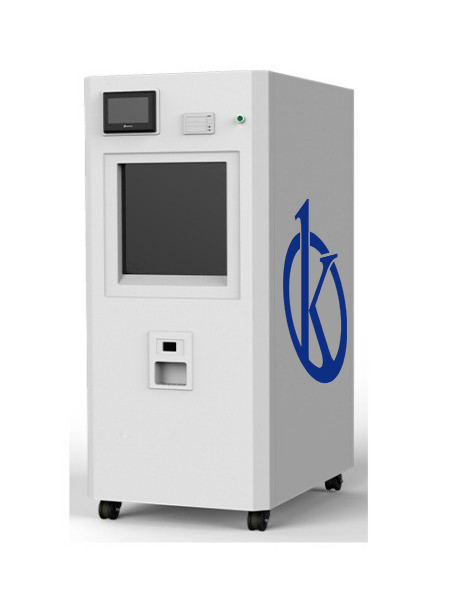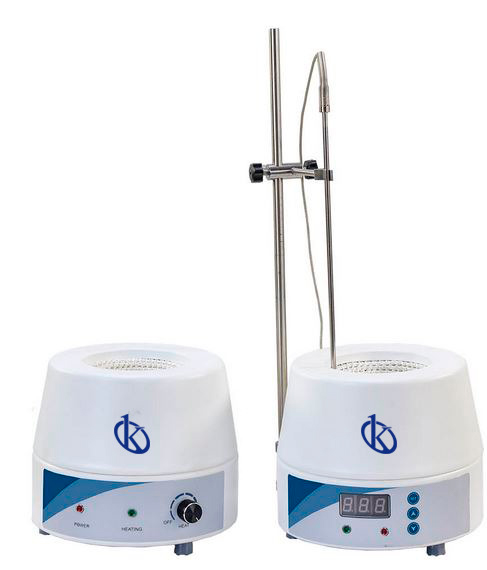The quality and validation of reagents used in hematology and biochemistry laboratories is a mandatory aspect that should be considered in order to ensure the safety of the procedures. Reagents play a key role in the process of measuring and analyzing biological samples to obtain reliable results; therefore, they must meet a certain quality. First, reagents must be properly validated.
This involves a thorough examination and evaluation to determine whether the formulation and preparation of the reagents are in accordance with the trademark specification. The validation should consider three basic components: materials, technical procedures and equipment. These components must be properly documented by the manufacturer in order to be able to comply with the established parameters.
The steps to follow for the validation of the reagents used in hematology and biochemistry
Once the reagents are validated according to the required criteria, it is important to ensure that they are properly qualified. This involves performance studies to assess the degree of efficacy, accuracy and accuracy. The approach to be used to study yield depends on the specific application in which the reagents are intended to be used.
Secondly, it is important to establish the criteria for proper quality management. This involves the use of internal, external and reference controls correctly, as well as adequate documentation of quality control results. This documentation must be kept faithfully for patient safety considerations. Once the criteria have been established, reagents should be properly calibrated before use.
Reagents should be selected strictly based on their appropriate yield. Reagents should be rotated regularly to ensure proper performance. Reagents should be monitored to ensure that they are properly stored and used. It is important to keep reagents away from sunlight, fluorescent light and ambient temperature to ensure their stability as well as their integrity for the end user.
The importance of an adequate formulation of reagents
On the other hand, it is important to ensure that reagents are prepared in an appropriate way that preserves their quality and uniformity for use by detecting and correcting any irregularities in them. Ineptly prepared reagents could result in false results. Personnel preparing the reagents should be sufficiently qualified and trained to perform this task correctly. All tools used to handle or prepare reagents should be free of contamination to avoid the result of additional contaminants in the result of their responses for each reagent.
Changes in reagents should be made with caution and vigilance to ensure that new formulations are appropriate and do not lead to inaccurate results. When considering changes to the reagents, it is extremely important to conduct in-depth studies and test the current formulation before turning completely to the new matrix or reaction process. These studies must follow pre-established quality protocols to ensure accuracy and accuracy in the results.
The relevance of constant monitoring of laboratory reagents
Finally, strict quality standards must be maintained and constantly monitored to ensure the correct functionality of the reagents and their analyzes. Regulators should monitor that reagents are consistently level with applicable national, international, and federal standards. Quality control processes should follow established protocols to ensure that the results obtained are impartial.
In summary, the quality and validation of reagents for hematology and biochemistry laboratories are an important part of the success of procedures. This involves thorough examination and evaluation of the reagents to meet the required criteria. Reagents should be calibrated before use to ensure accurate results. Reagents should be closely monitored to ensure their proper storage and use. Changes to reagents should be made with caution, and quality standards should be monitored to ensure accuracy of results.
Validity of Kalstein reagents for biochemistry and hematology
Kalstein reagents are specially formulated and tested, so that the analyzes of biochemistry and hematology laboratories can be carried out satisfactorily. Tests for bilirubin, urea, creatinine, and electrolytes such as Ca and K can be done accurately and accurately. Our sales and purchase team is trained to advise you on these reagents and to indicate the prices. To contact us you can visit the web pages HERE and HERE.




